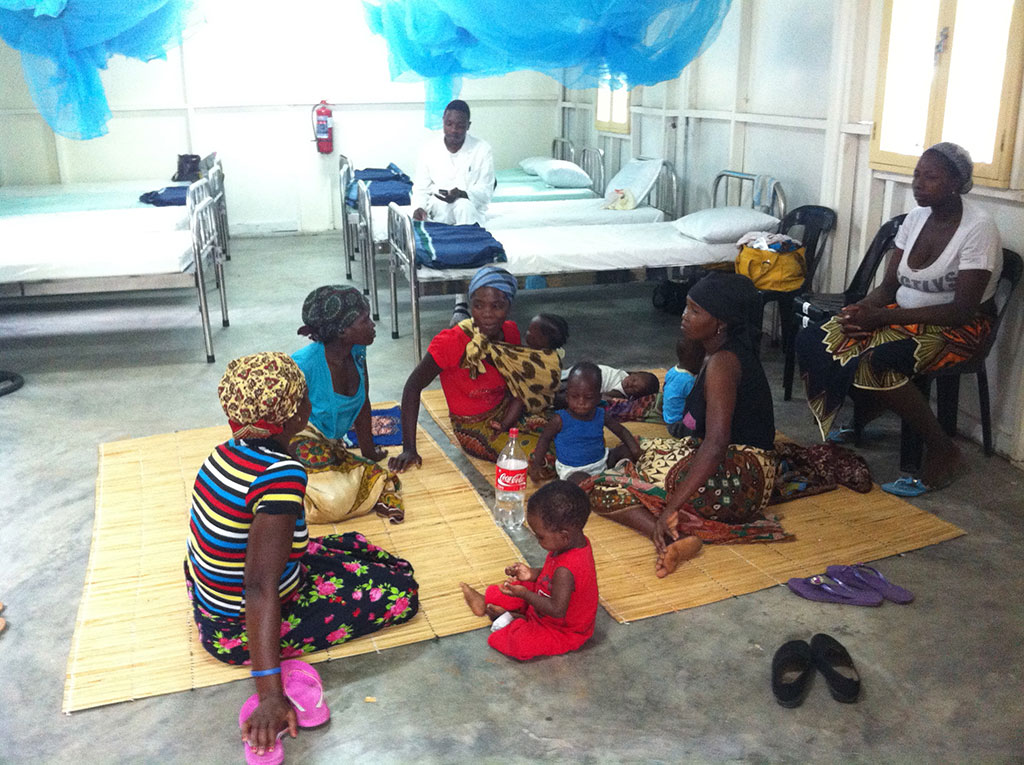Paediatric-friendly formulations for the treatment of infants with malaria are scarce. A multicentre Phase II trial in sub-Saharan Africa, led by the Barcelona Institute for Global Health (ISGlobal), showed that a water-dispersible tablet is safe, efficacious and easy to administer to young children with uncomplicated P. falciparum malaria, and should set the basis for improving treatment compliance and efficacy in the population-group at most risk of developing life-threatening complications.
Eurartesim™, a fixed-dose combination composed of dihydroartemisinin (DHA) and piperaquine phosphate (PQP), has been adopted by several endemic countries as first-line treatment of uncomplicated malaria due to its longer half-life and long post-treatment prophylactic effects. However, as infants and very young children are generally unable to swallow pills, Eurartesim™ tablets need to be crushed and mixed with water, resulting in possible loss of active ingredients and under-dosing. In addition, crushed antimalarial tablets have an unpleasant bitter taste causing children to spit them out.
To overcome these problems, a new water dispersible tablet of DHA/PQP was developed for oral administration in infants and young children and tested in a large phase II multicentre trial with 300 African infants (6–12 months of age) from Mozambique, Burkina Faso, The Gambia, DR-Congo and Tanzania. Safety and efficacy was compared to that of the marketed tablet. Results showed that a standard three-day treatment with the new dispersible DHA/PQP paediatric formulation is as efficacious as the crushed Eurartesim™ tablets and has a comparable safety profile.
“This highly efficacious formulation should be made readily available to all children below 5 years of age” says Quique Bassat, ISGlobal researcher and principal investigator of the study. “It is easy and safe to administer, and provides better grounds for enhanced compliance and effective treatment. This should facilitate drug registration by Regulatory Authorities, prequalification by WHO and, finally, its full adoption in malaria control programmes”.
Reference
